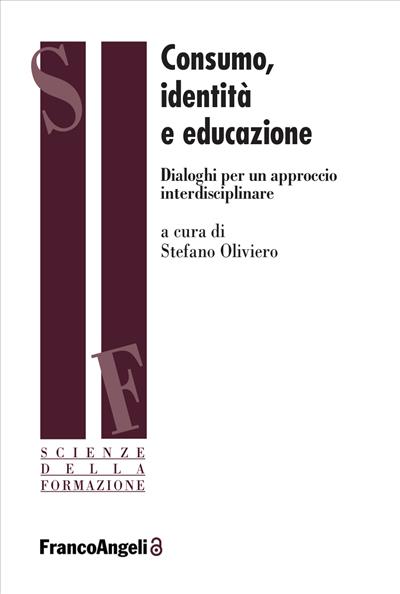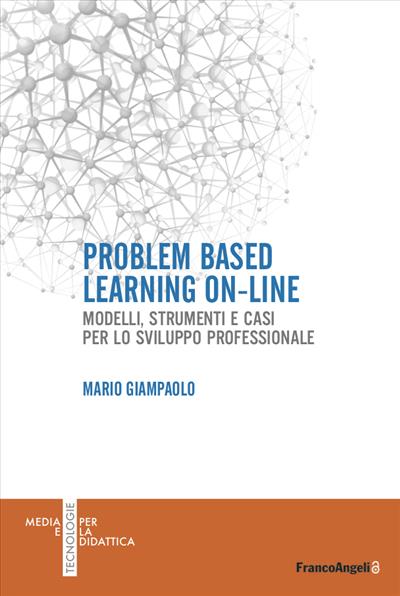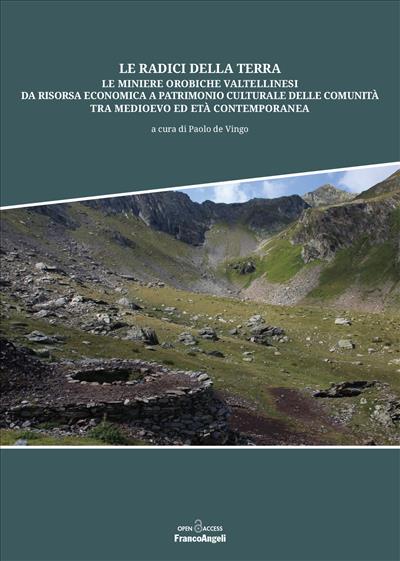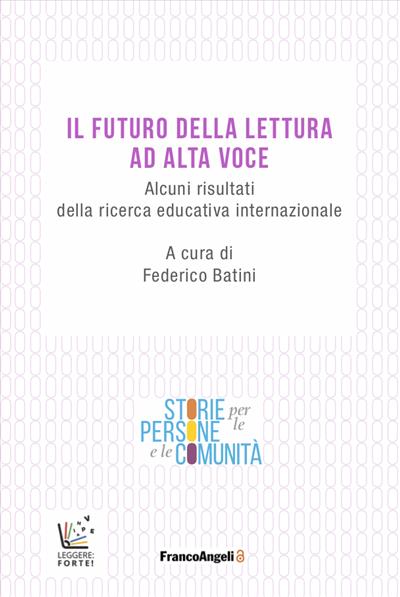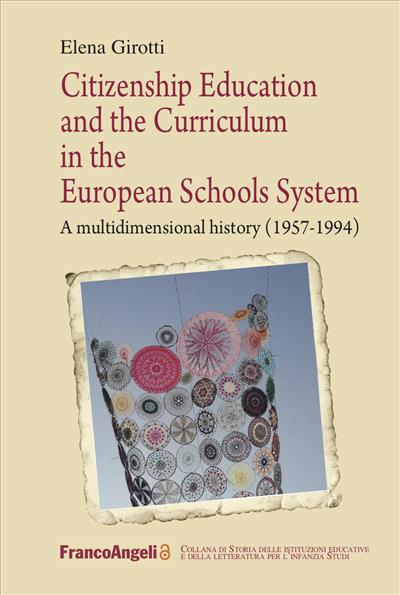
Citizenship Education and the Curriculum in the European Schools System
A multidimensional history (1957-1994)
The present volume examines the European Schools system focusing on the citizenship education they promote and their curriculum from the late 1950s to the early 1990s. A literature review is presented to understand how previous research has described these Schools and their sketched image, which - in the author’s view - is fairly static and accompanied by a value judgement. The volume goes through the prescriptive level of the curriculum of the European Schools in an attempt to disentangle the entanglements and retrace the national and international elements and influences that have contributed to its constitution.
Pagine: 192
ISBN: 9788835167693
Edizione:1a edizione 2024
Codice editore: 11583.2
Informazioni sugli open access
